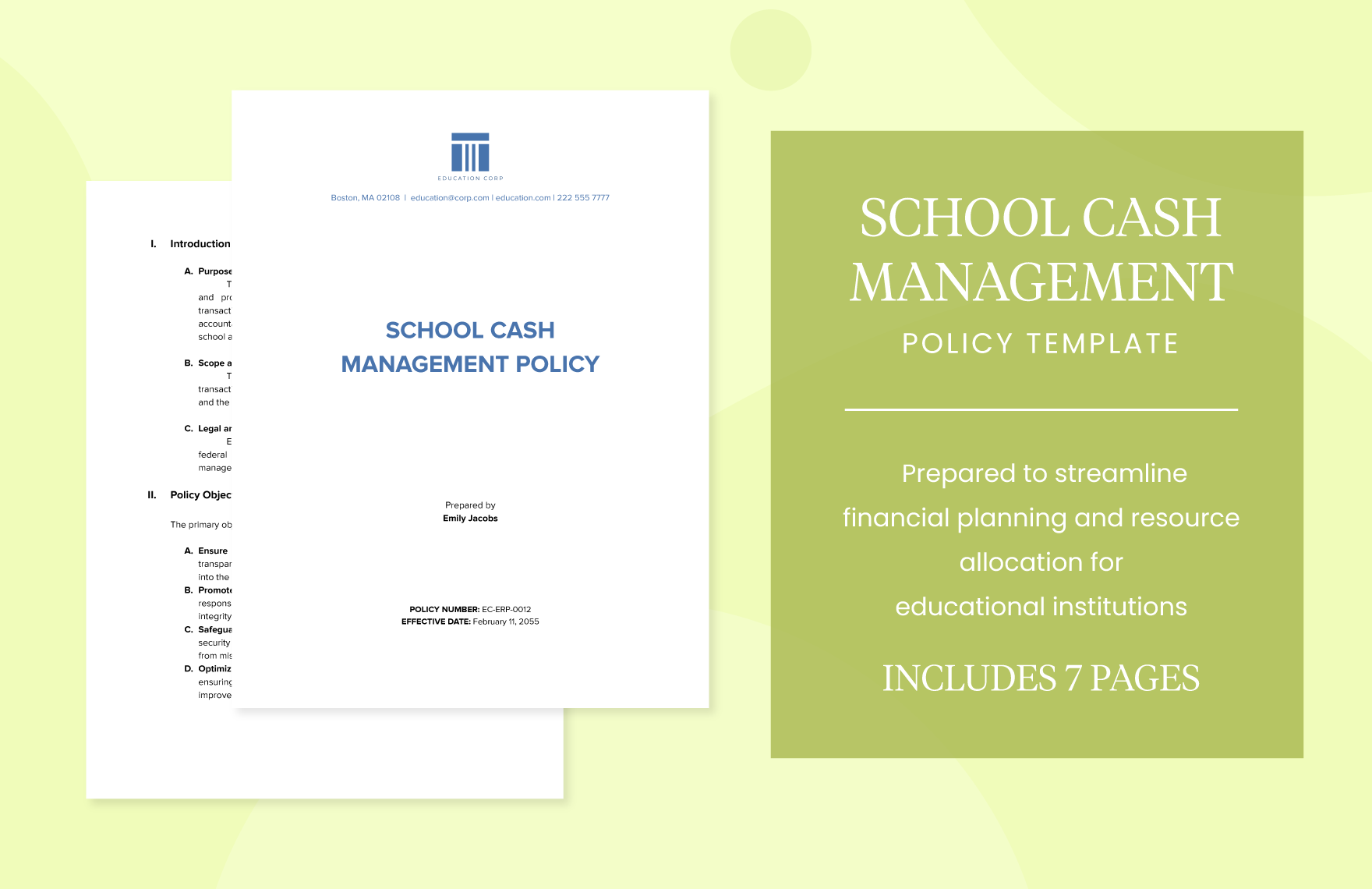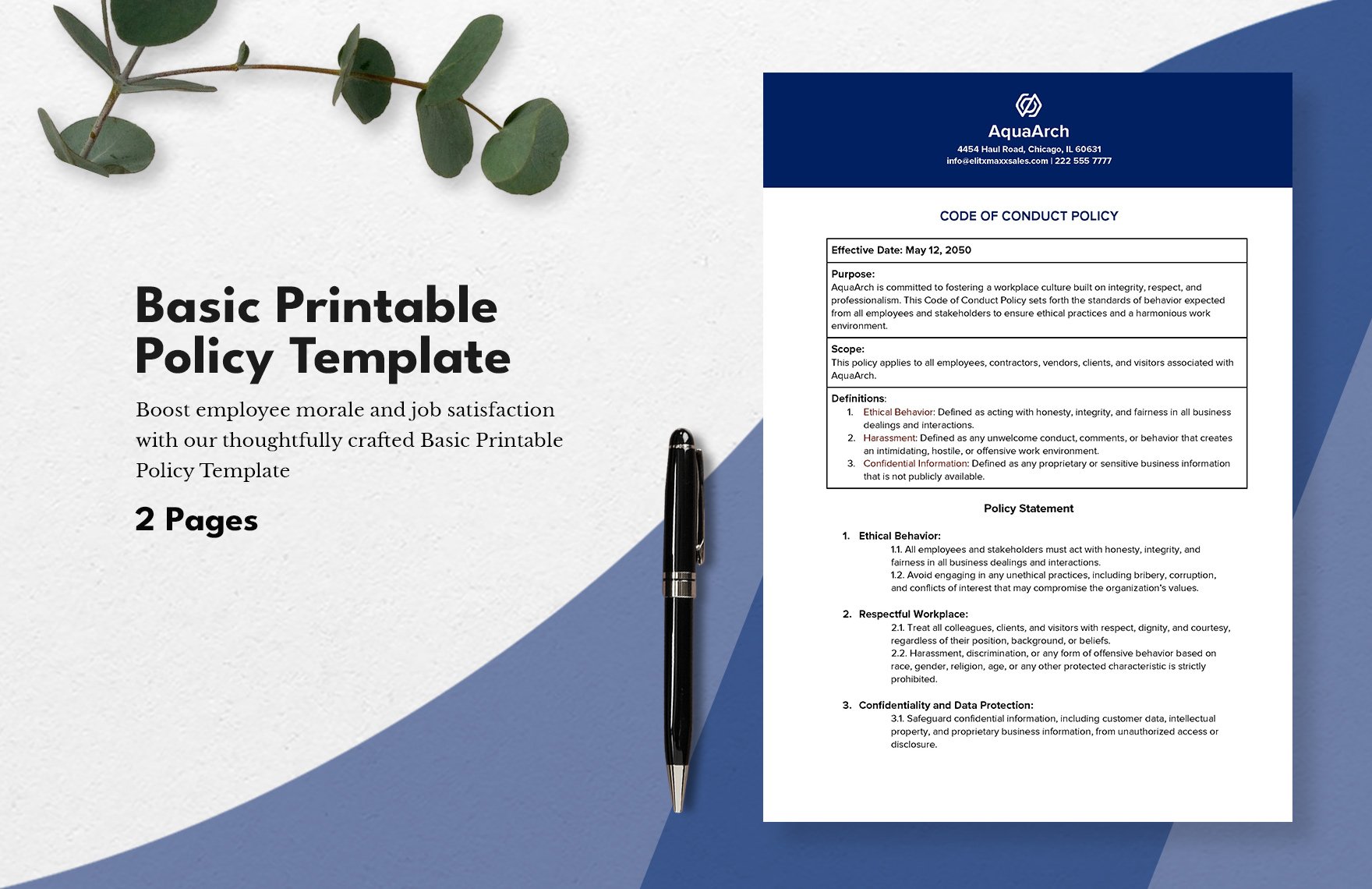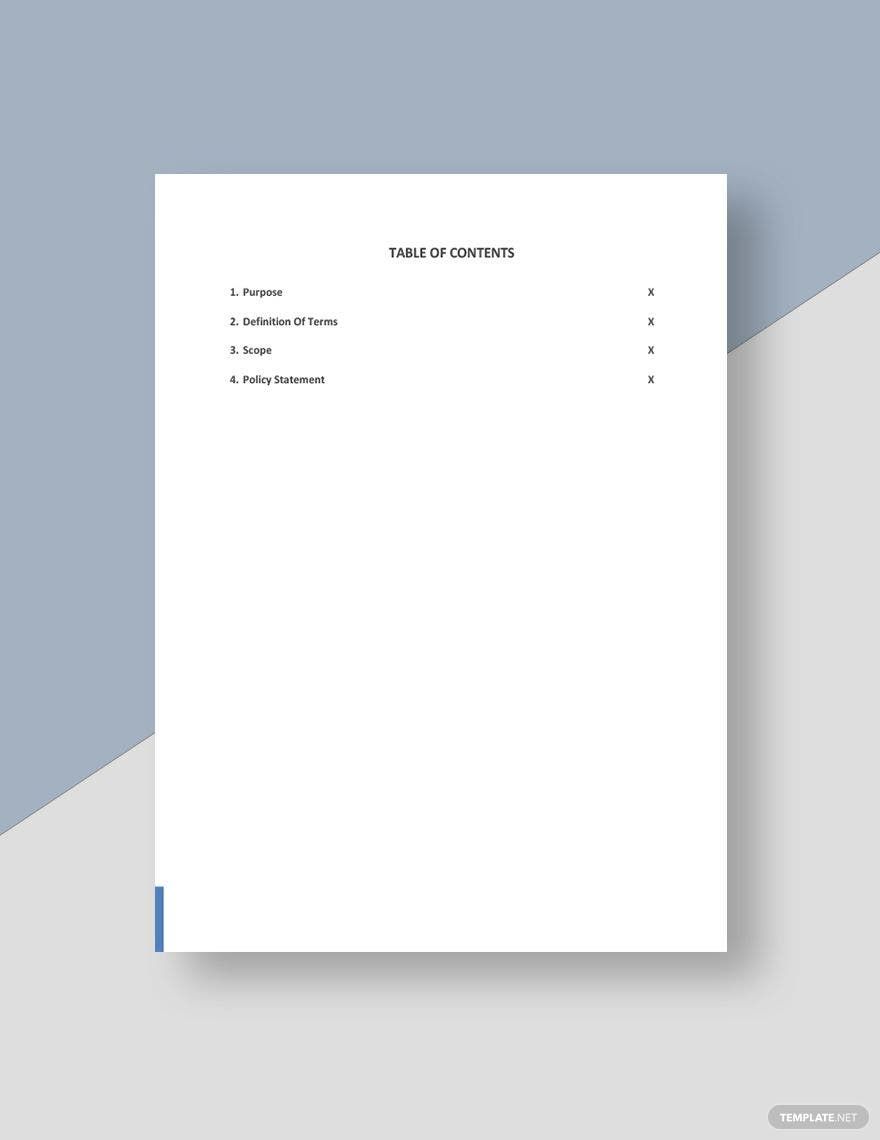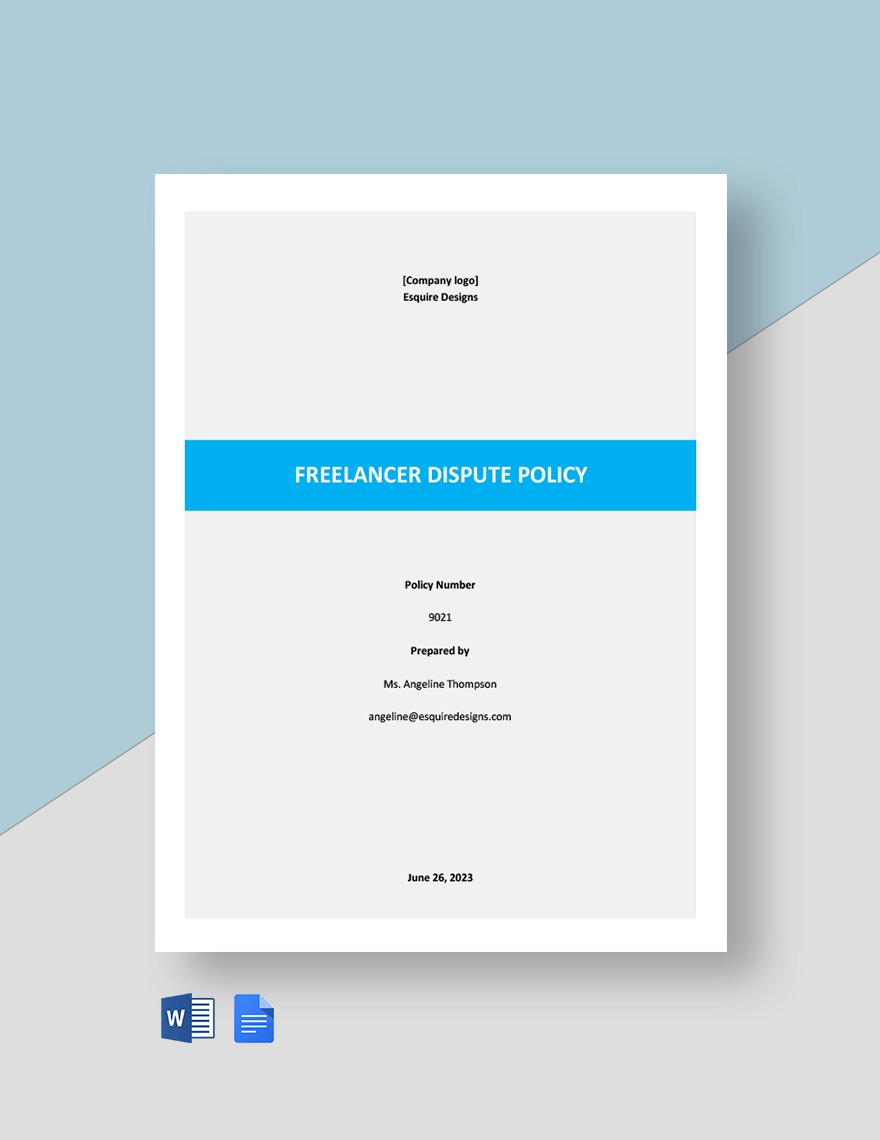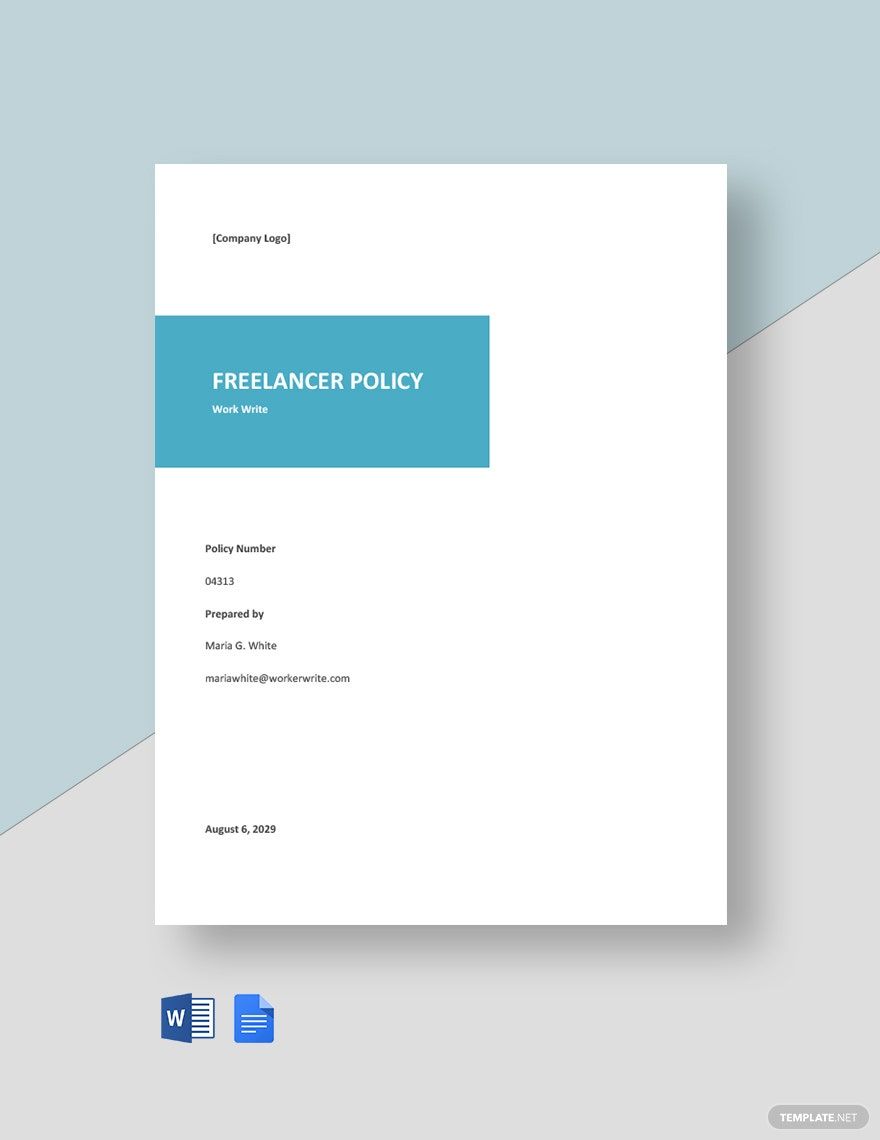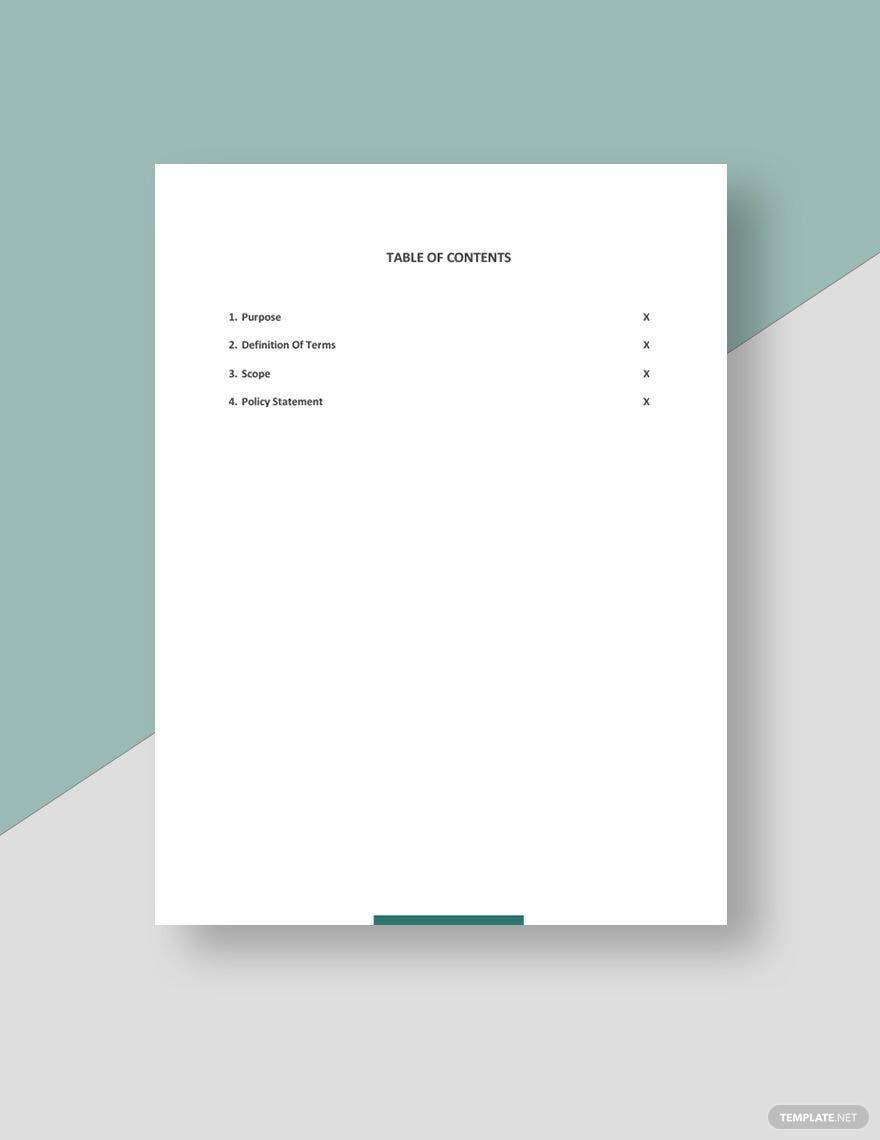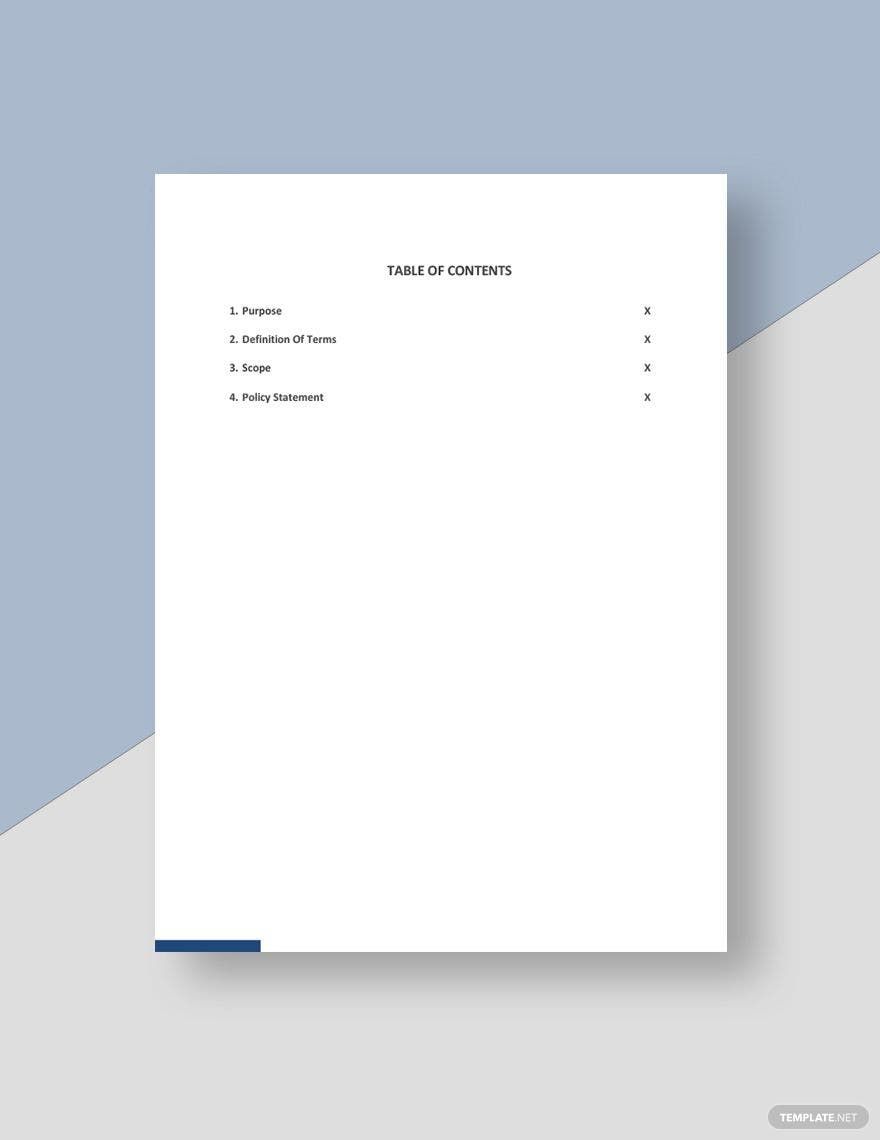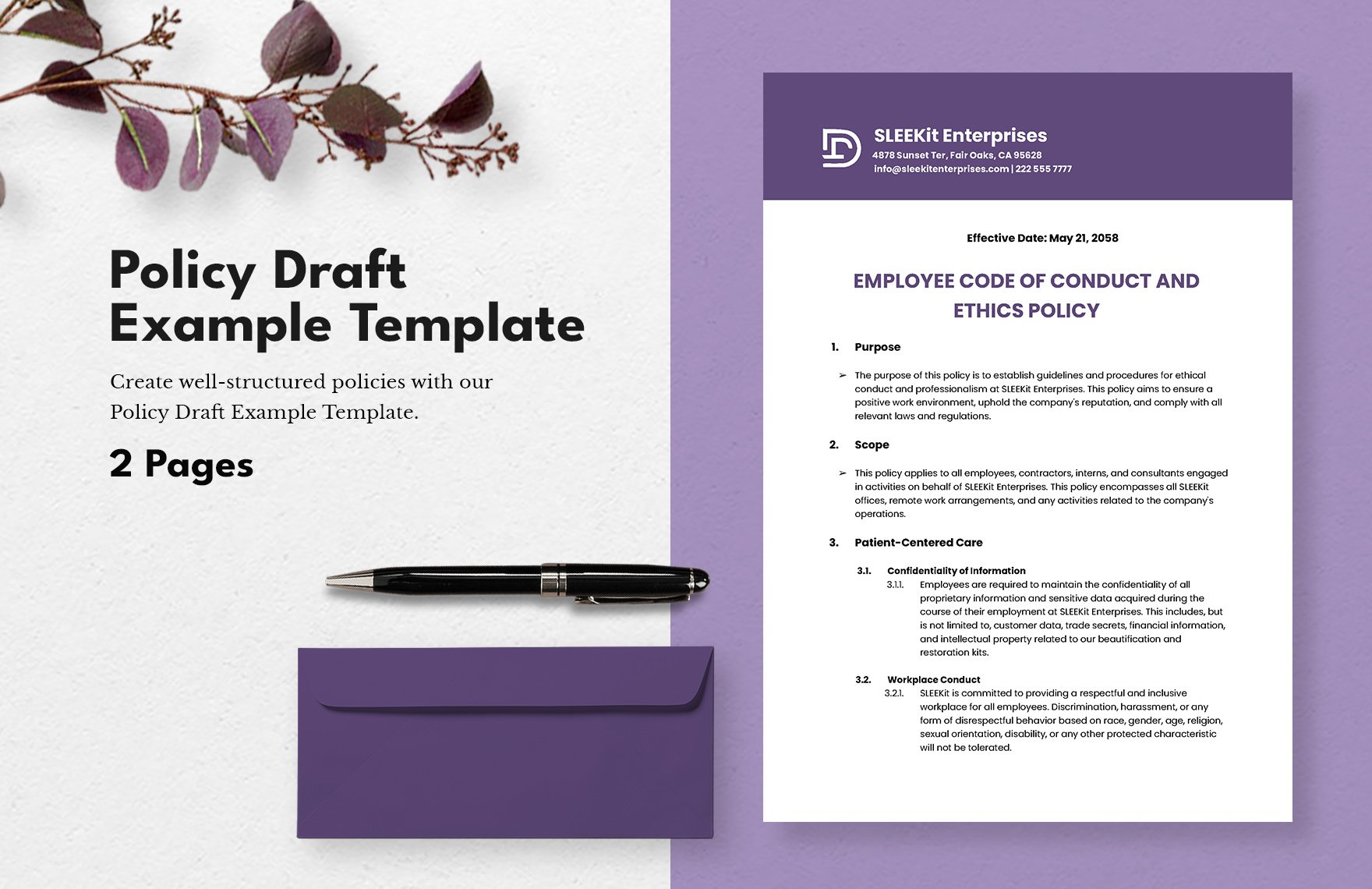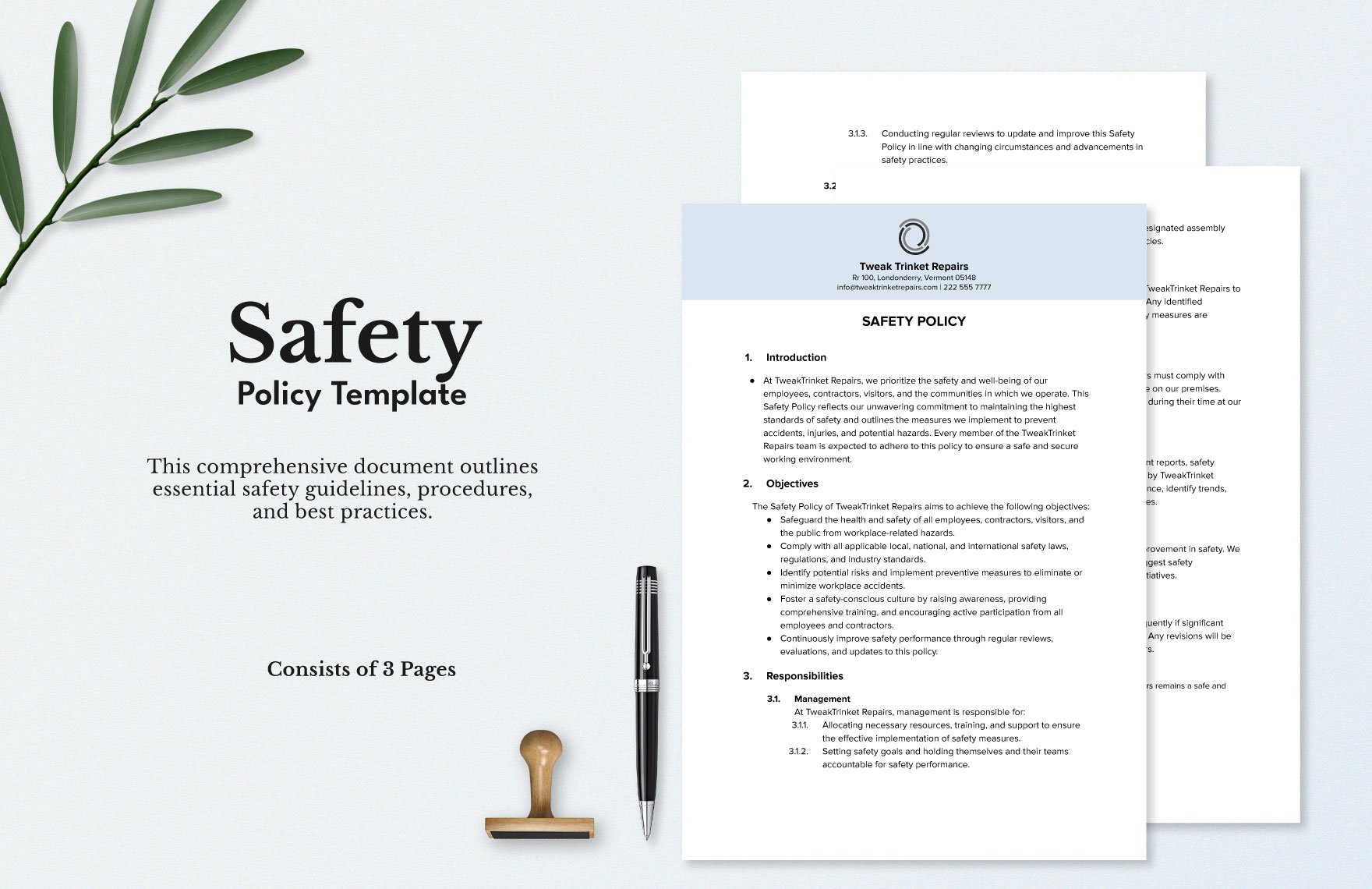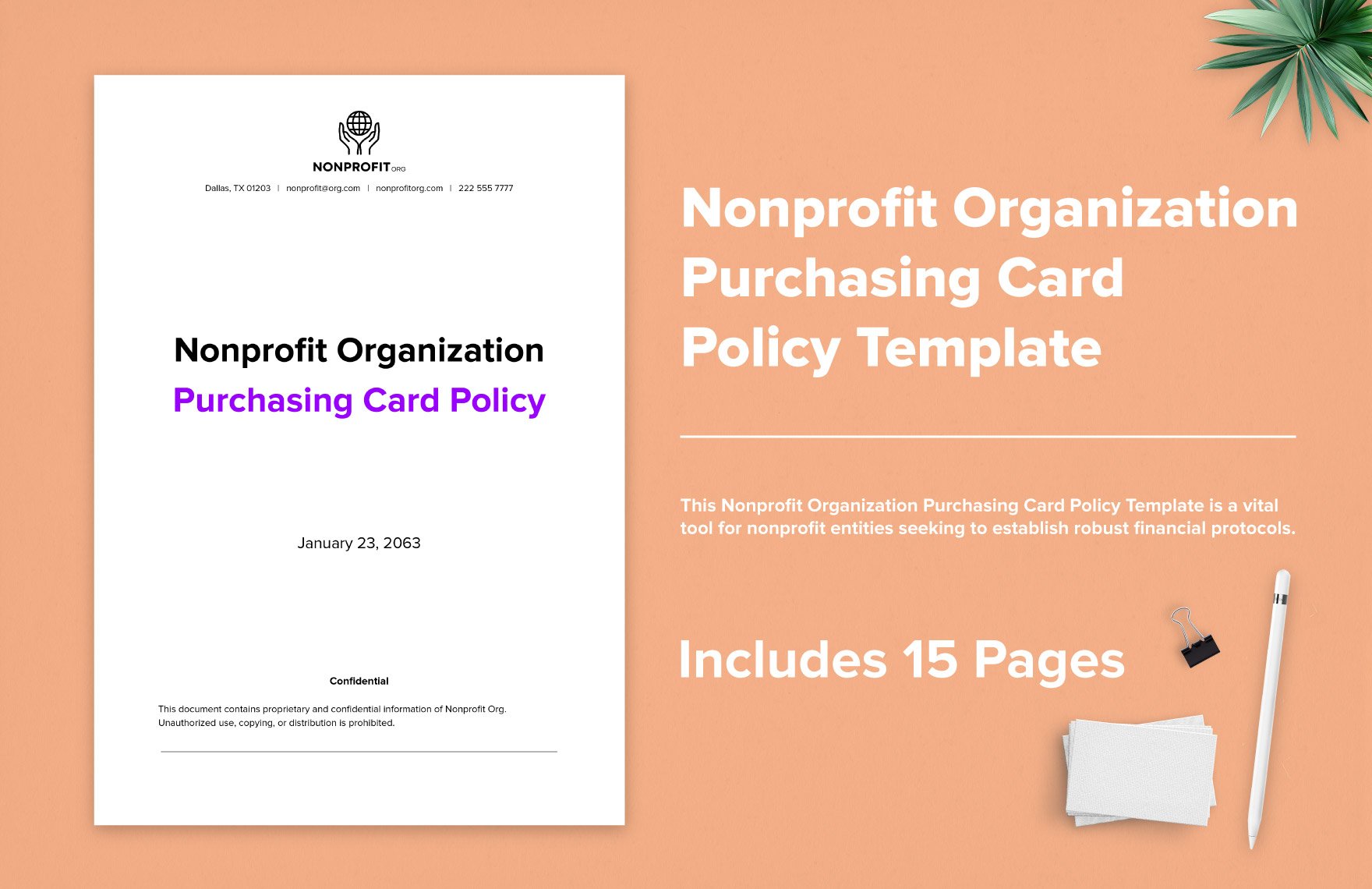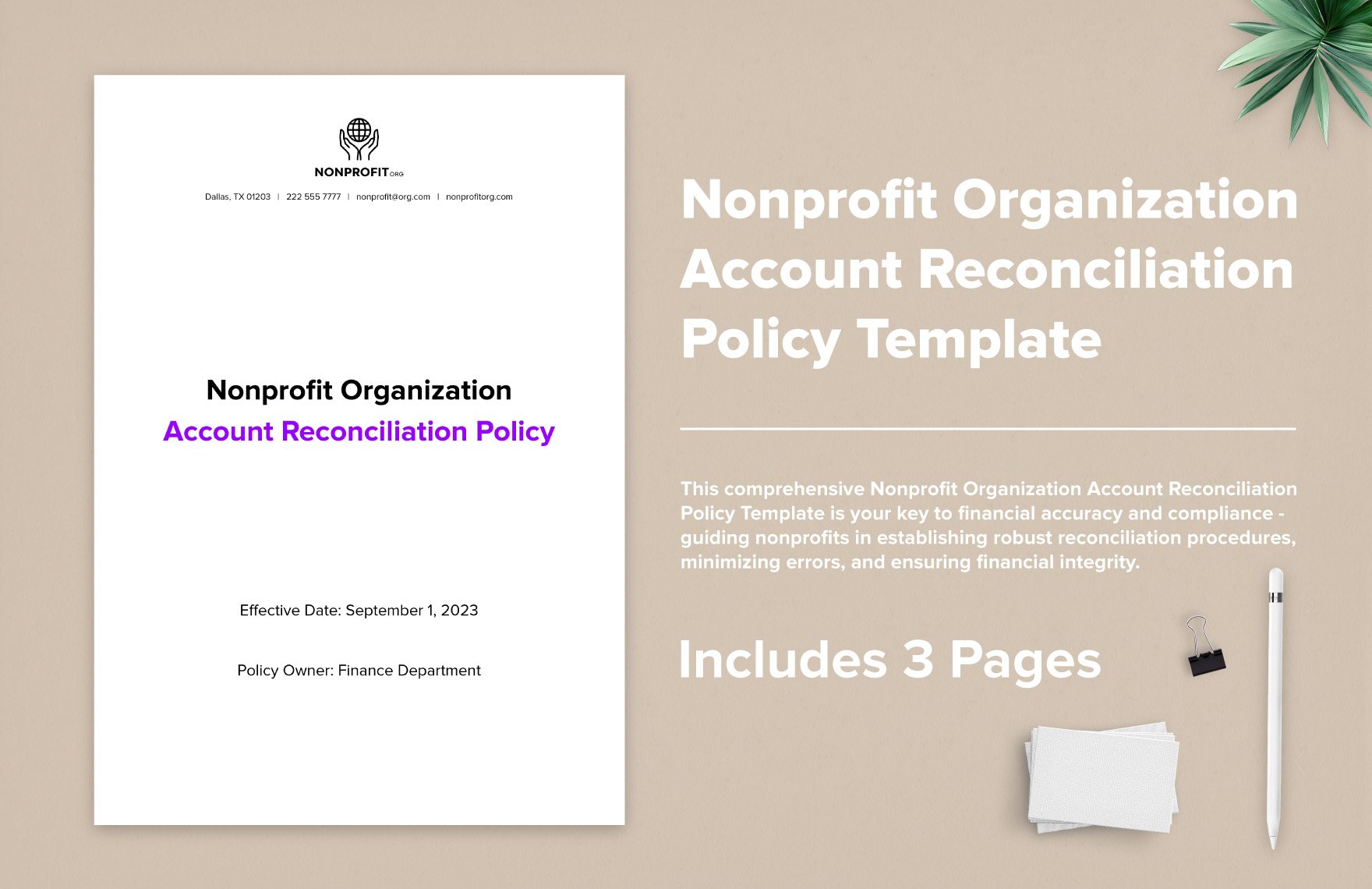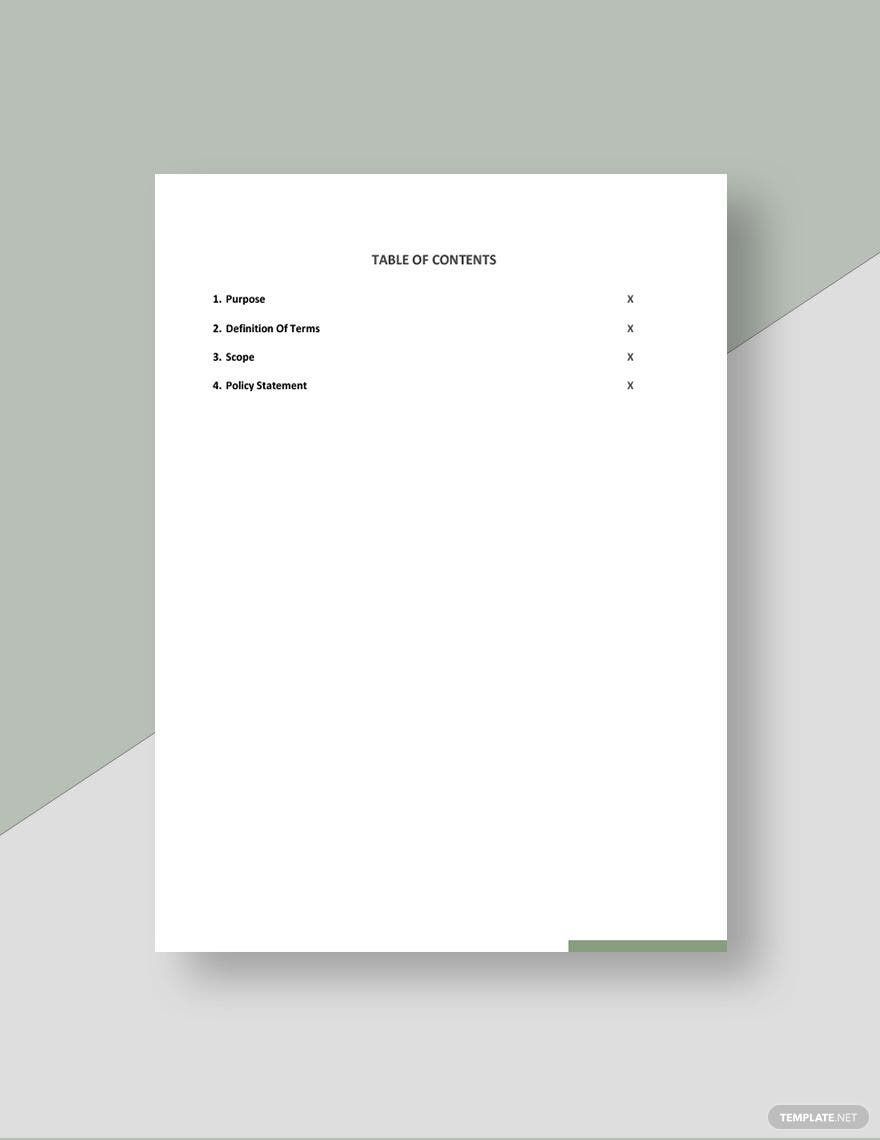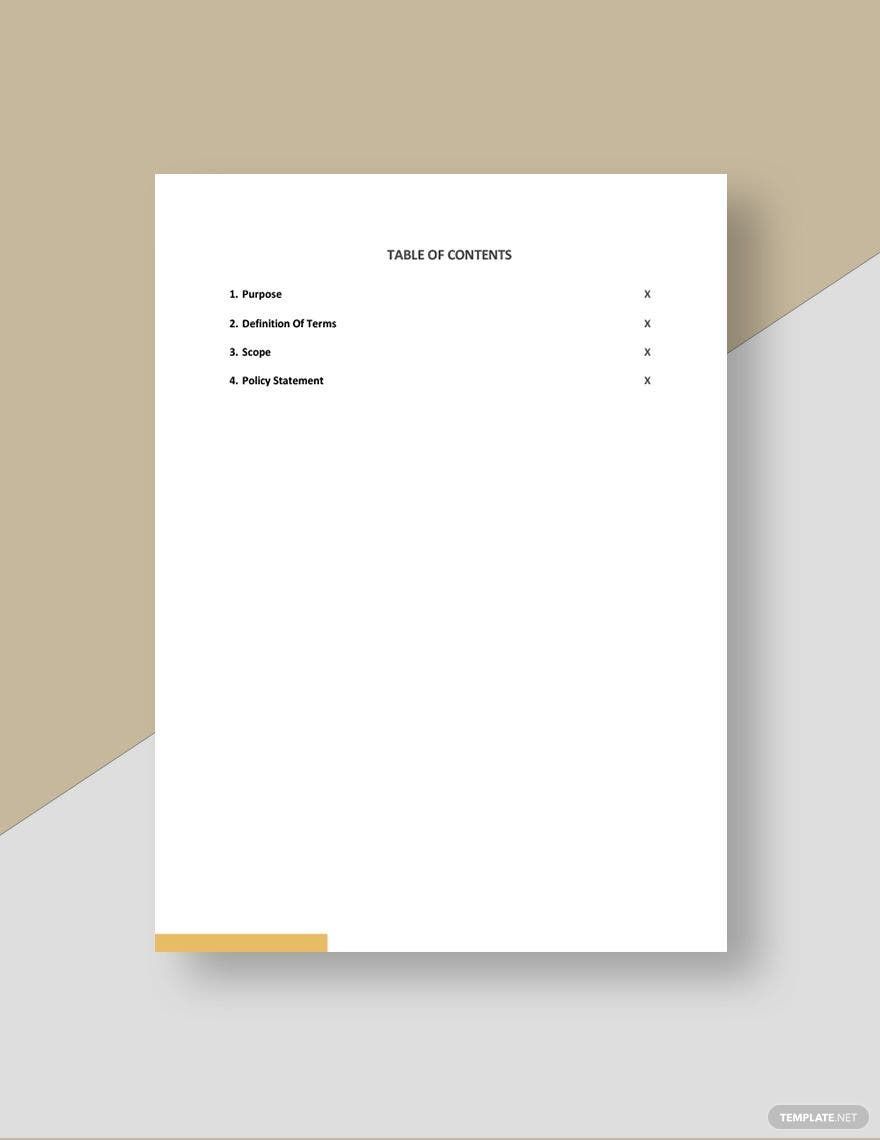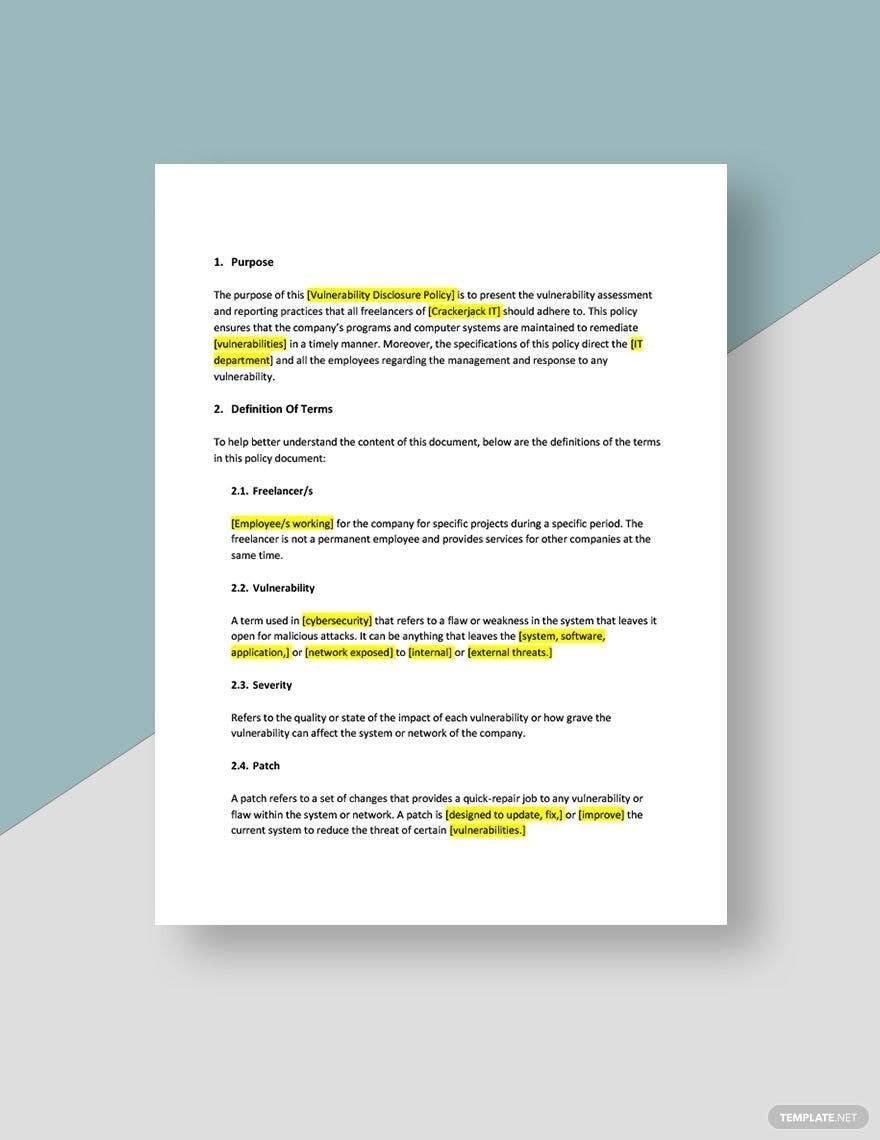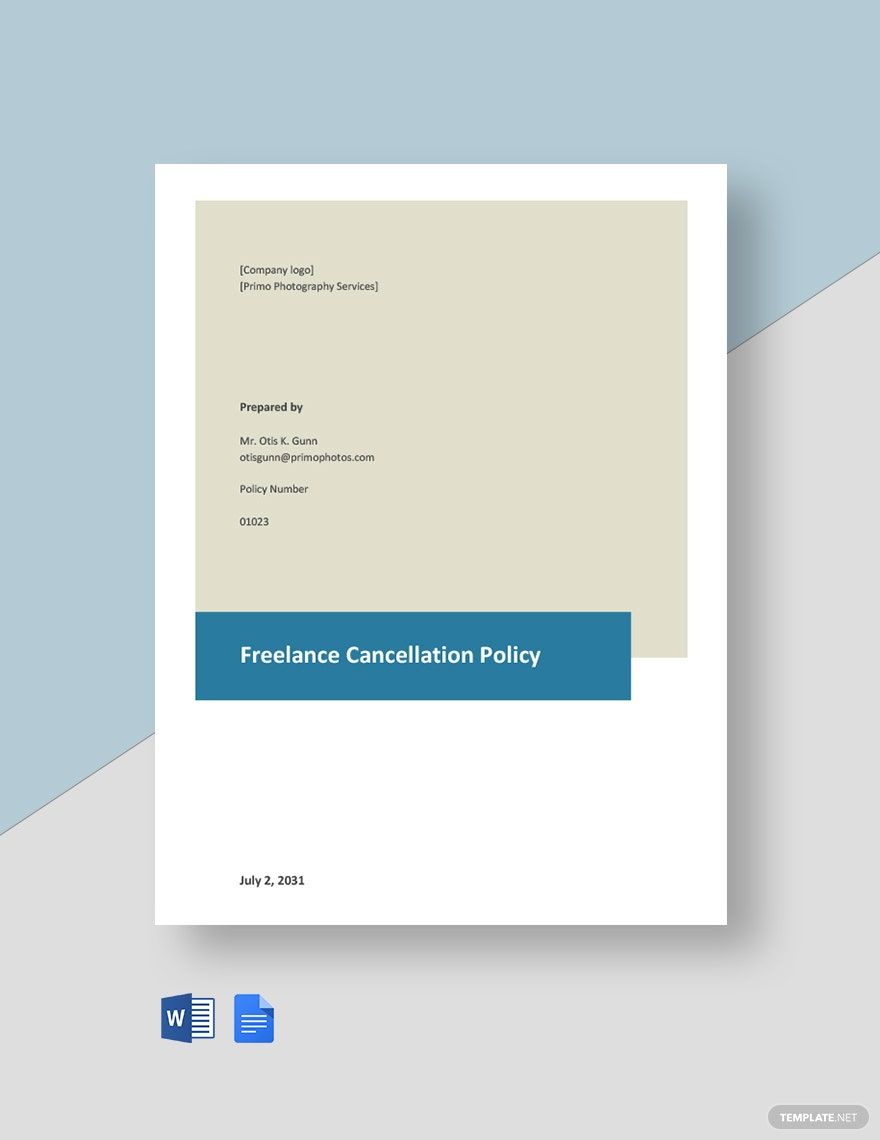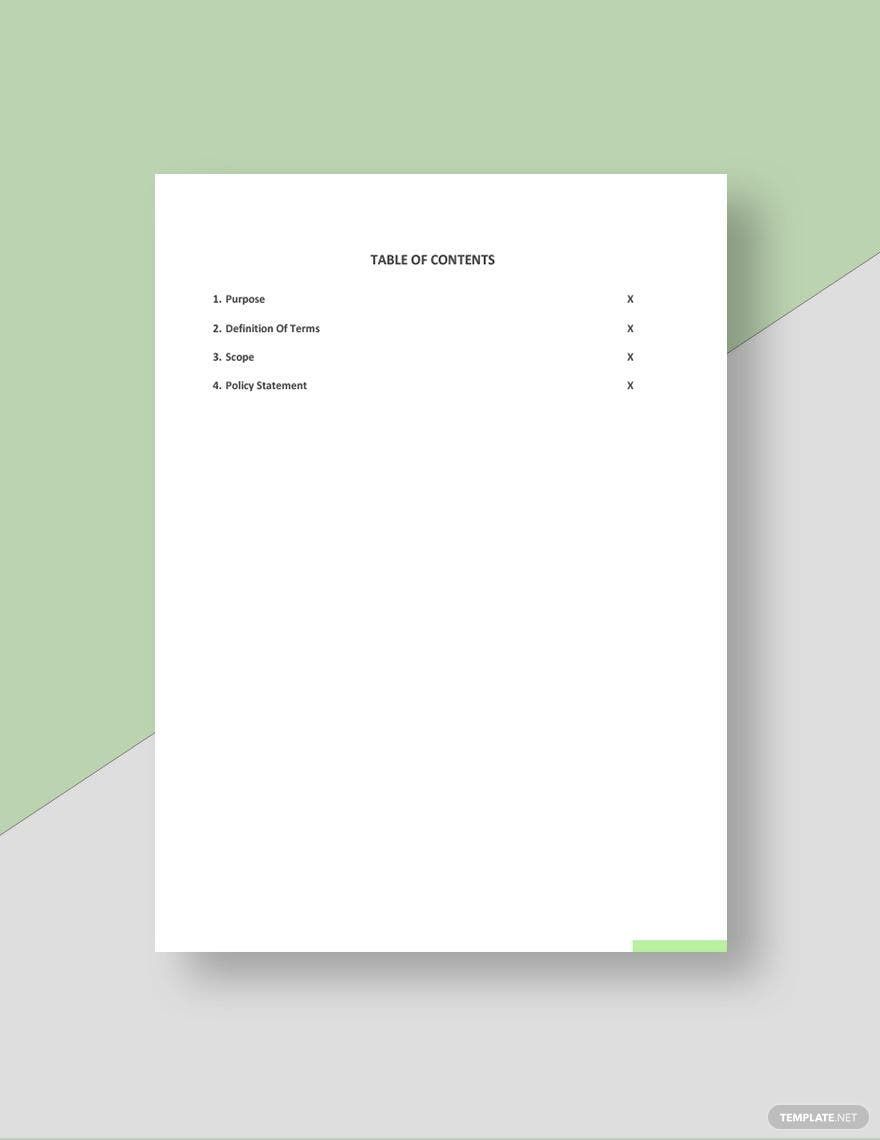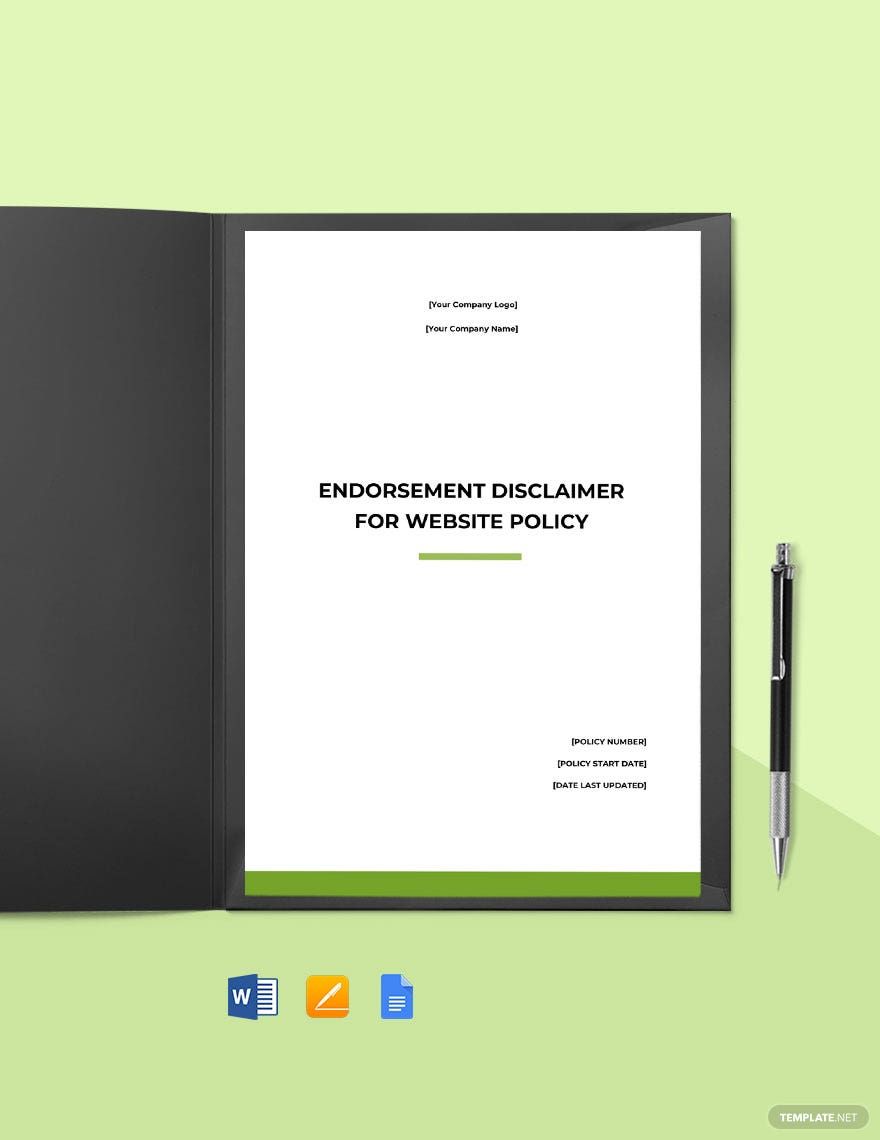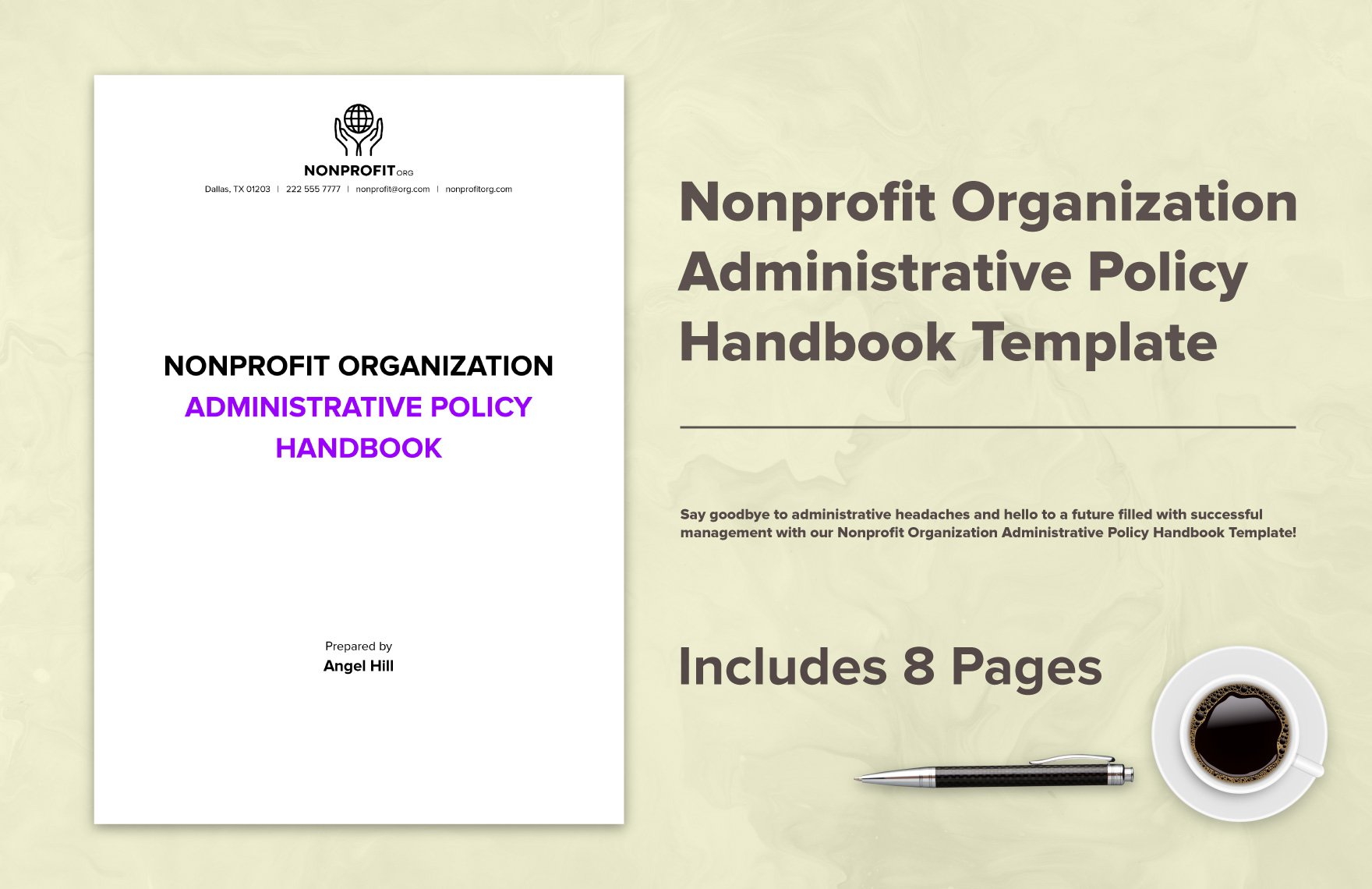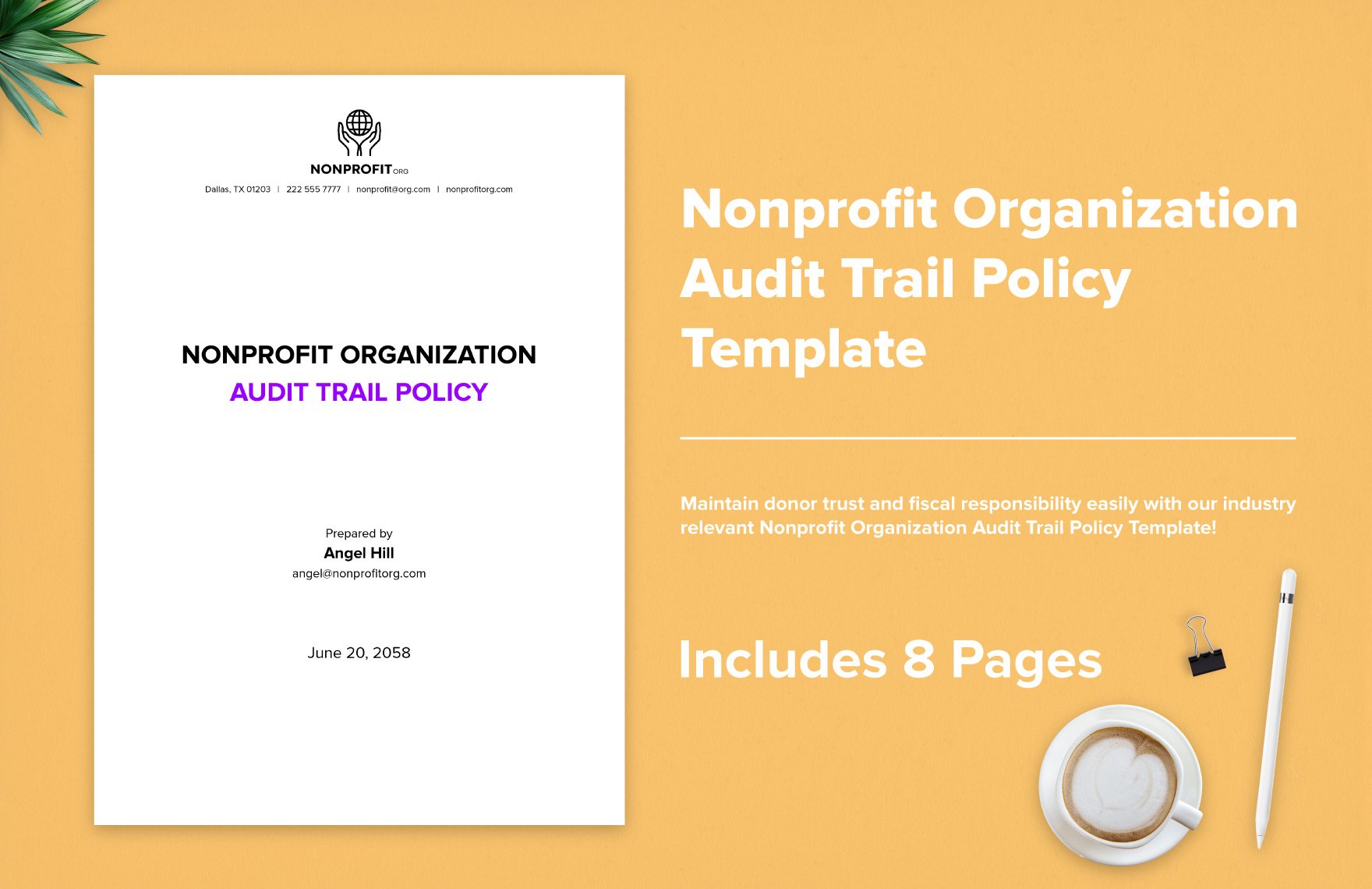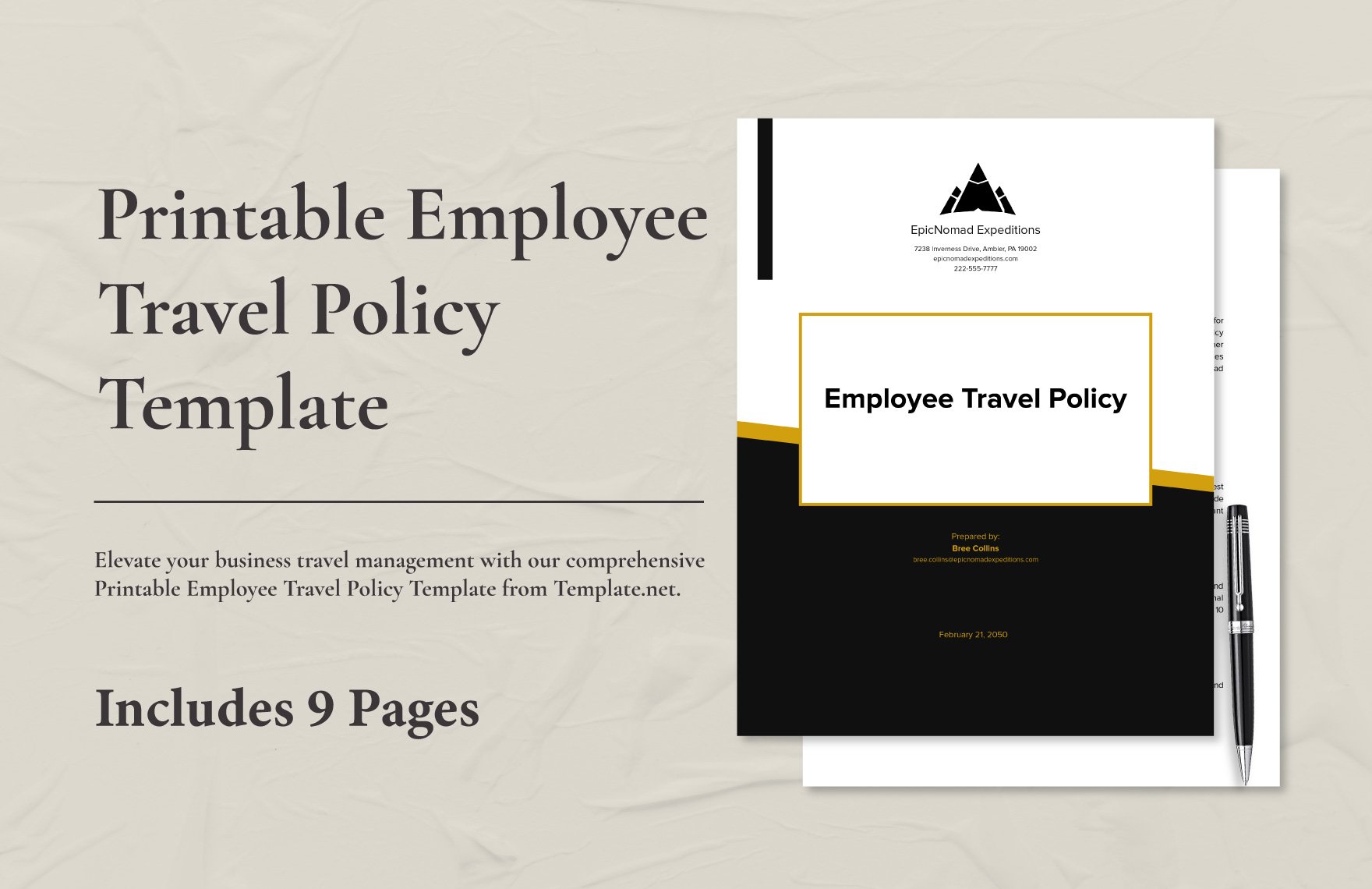Whether you're recruiting freelancers or a freelancer yourself, you need guidelines for the work process. And you can attain that through policy. A policy will guide both parties about the actions they need to perform. Without policies, there'll be no room for management, which can cause disputes and chaos. For that, own a well-made and high-quality policy from our stack of ready-made Freelancer Policy Templates. You can edit and print these templates easily. Each template has professionally written content that will be useful to you. What are you waiting for? Download now!
How to Develop a Freelancer Policy?
A freelancer policy is a set of specific regulations and guidelines that a freelancer and a client must follow. A policy can be about freelancer refund, dispute, or payment. The HR Daily Advisor says that creating employee-friendly workplace policies isn't only for employees, but also for freelancers.
Create a professional and efficient policy document with the tips below.
1. Be Specific about the Policy
Before you start, ensure that you know what kind of policy you need. Identify your goals first and examine what policy you should make. Is it a payment policy, a privacy policy, or others? Then, identify if you need to create a simple policy in the first place. Also, don't forget to recognize when you will need to use it.
2. Identify the Consequences
Sometimes, the other party may break a sample policy guideline. To steer away from this, you need to provide consequences of not following it. Consequences can motivate positive behavior from both parties. They will be prompted to abide by the rules and not break them.
3. Involve the Other Party
If you're the only one developing the document, make sure to involve the other party. The other party can be a client or a freelance writer. Involving the other party makes the person feel that he or she's important in the development process and will most likely follow it.
4. Be Reasonable
Like a freelance contract and agreement, a policy has to be reasonable, too. When the rules are sensible, both parties will abide peacefully by the policies. The guidelines have to enforce positivity and not the other way around. Your policy needs to create an organized and tranquil work environment.
5. Use Simple Language
Using the right language in your management policy is a must. Both parties will read it anyway. It's your job to use simple words and make it comprehensive. Never use terms that need an explanation from others to make the reader understand.
